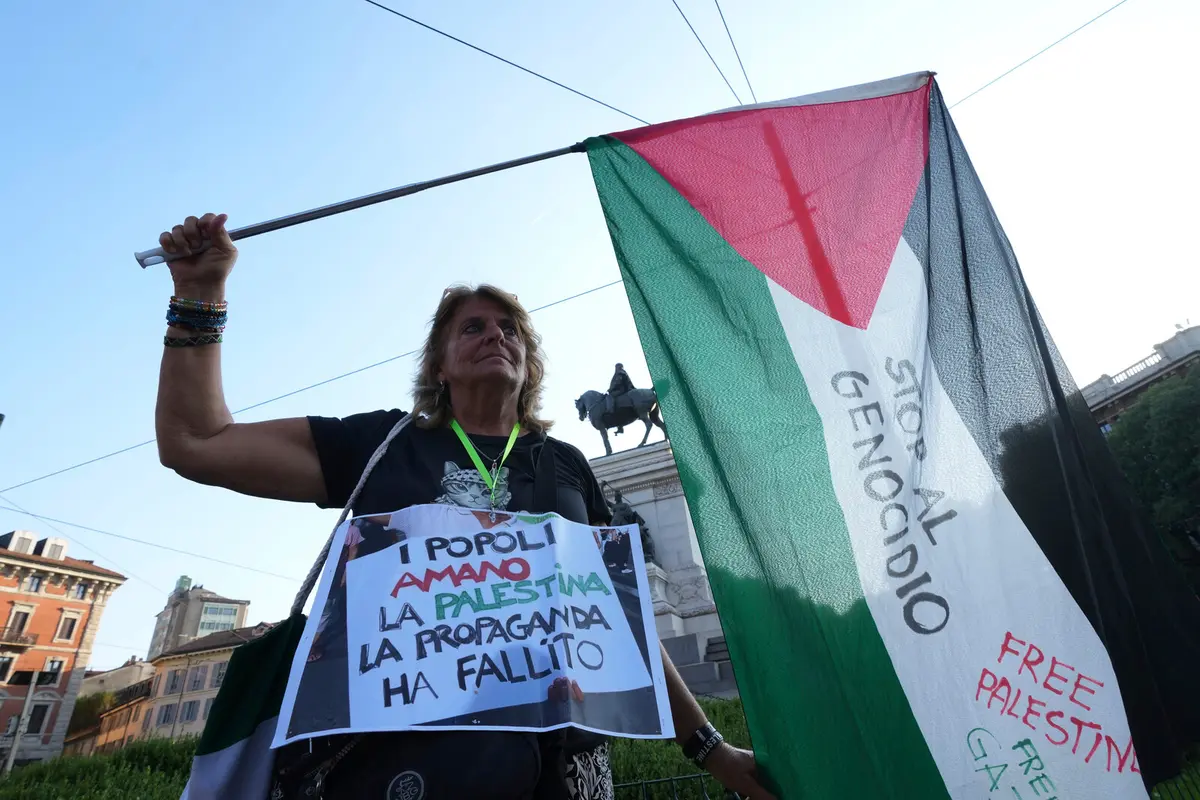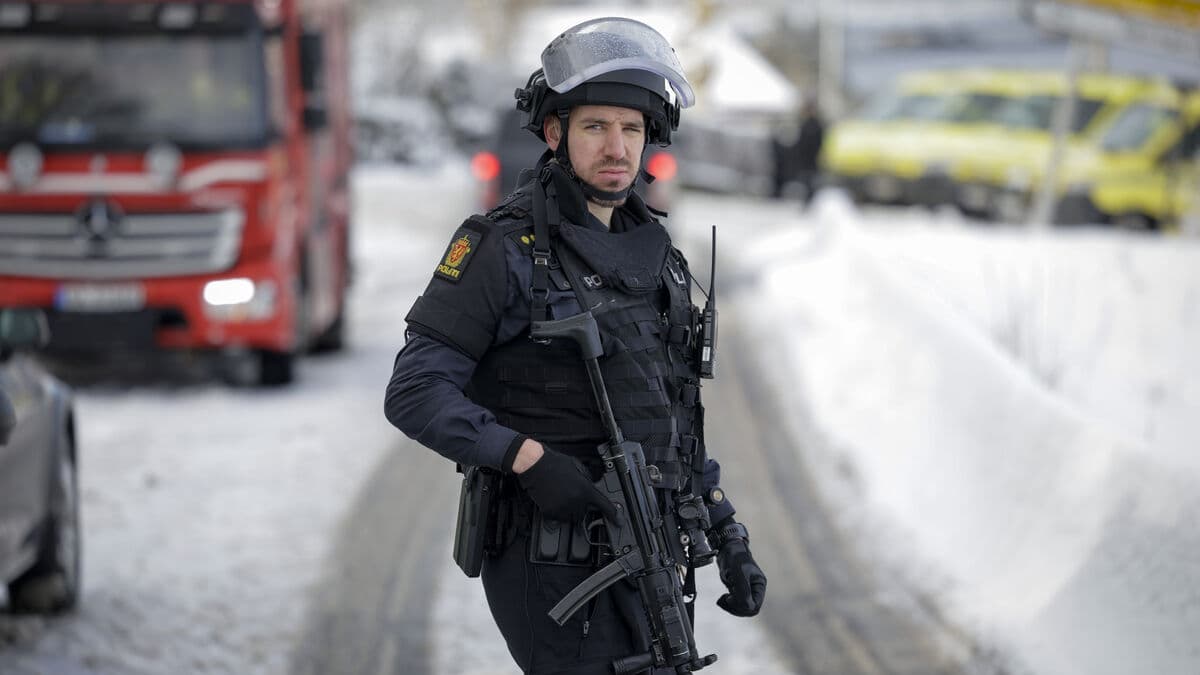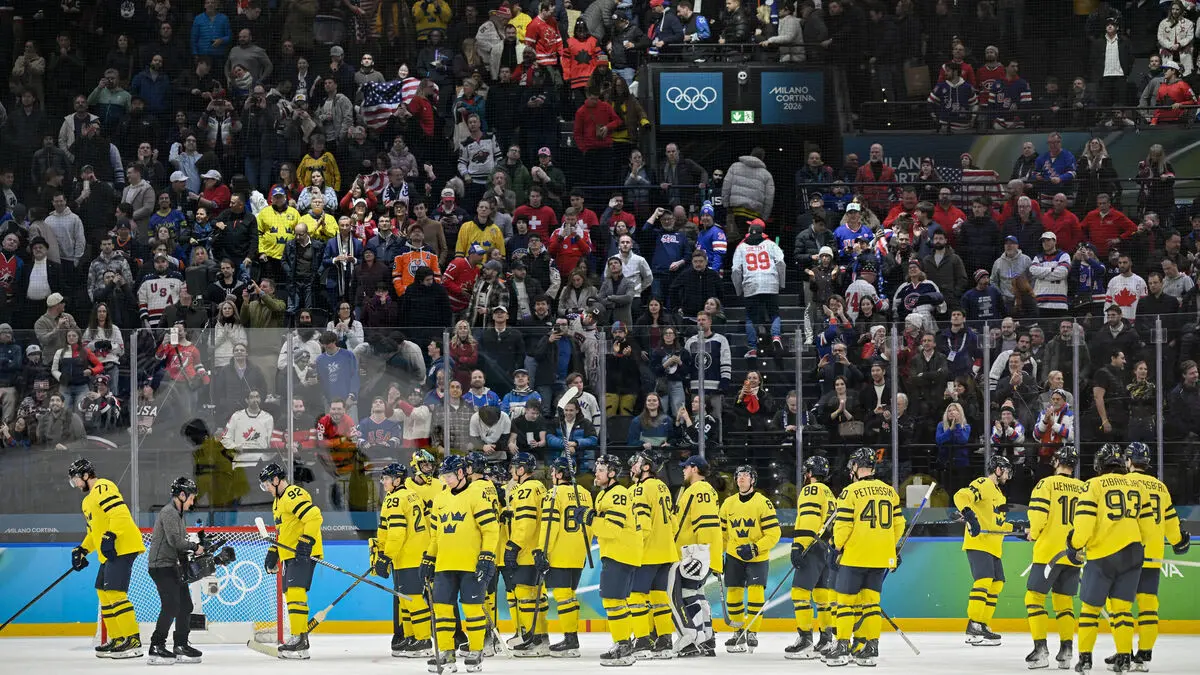Now, three of the G7 member states have given the Palestinians their recognition. It is clear that it has significance, otherwise the US and Israel would not have been so strongly against it.
The recognitions, which also come from, among others, Portugal, are primarily aimed at pushing for a two-state solution to the conflict between Israelis and Palestinians. They came during the weekend and during Monday's UN summit in New York, which France and Saudi Arabia hosted and which the US and Israel boycotted. Israeli Prime Minister Benjamin Netanyahu is reported to be furious.
France is succeeding in what Sweden did not manage when we recognized Palestine eleven years ago, namely creating momentum and getting others to follow, notes Persson, who is a docent and researcher at Linnaeus University.
France has also developed a peace plan together with Saudi Arabia, which is fairly detailed. But as always, the question is how it will be realized.
Own Trump Meeting
The Gaza war is overshadowing the UN week and the General Assembly's general debate, which starts on Tuesday, with heads of state and government from around the world.
Donald Trump, as President of the host country USA, is the second speaker in the debate. Trump, who has previously been met with ridicule in the General Assembly, is giving his speech just hours before he meets with Muslim and Arab leaders in New York for his own meeting on the Gaza war, according to information from Axios.
There are hopes of getting Trump to recognize Palestine sometime in the future, but not now. He talked about a Palestinian state, even if it was a smaller one, during his first term, says Persson.
At present, however, it is clear that the White House is supporting Israeli Prime Minister Benjamin Netanyahu. As recently as last week, the US vetoed a resolution proposal in the UN Security Council on, among other things, a ceasefire in Gaza.
When Sanctions?
From that perspective, it is unclear whether the recognition of a Palestinian state will make any difference for the suffering civilian population in Gaza and the prospects for a future two-state solution. The French-Saudi peace plan excludes Hamas on paper, whose terrorist attacks on Israel nearly two years ago triggered the ongoing war.
But how do you get rid of Hamas? And what happens to the Israeli occupation? Are the countries that now recognize Palestine willing to pressure Israel to make concessions and is it possible to pressure Hamas more?, Persson asks rhetorically.
Cynics wonder why, for example, France does not impose biting sanctions and why Saudi Arabia does not use its influence in Opec to mark against Israel.
The United Nations was formed during the final stages of World War II. The UN Charter was signed by 51 member states in the summer of 1945 and came into force on October 24 of the same year. Today, the UN has 193 member states.
The work is led by the Secretary-General, currently the Portuguese António Guterres, and is largely based on the UN Charter. The UN's second Secretary-General, Swede Dag Hammarskjöld, described the organization's purpose as follows: "The UN was not created to take humanity to heaven, but to save it from hell".
Important chambers where decisions are made are the General Assembly, the Security Council, and the UN Economic and Social Council (Ecosoc).
In the General Assembly at the UN headquarters in New York, the 193 member states have one seat and one vote each. Decisions are made in the form of resolutions that are not binding on member states. However, they are considered morally binding as they are an expression of world opinion. A new General Assembly begins every year in September. The general debate is also held then, when leaders from member states speak in the chamber, hold individual meetings, and present initiatives.
Source: UN






